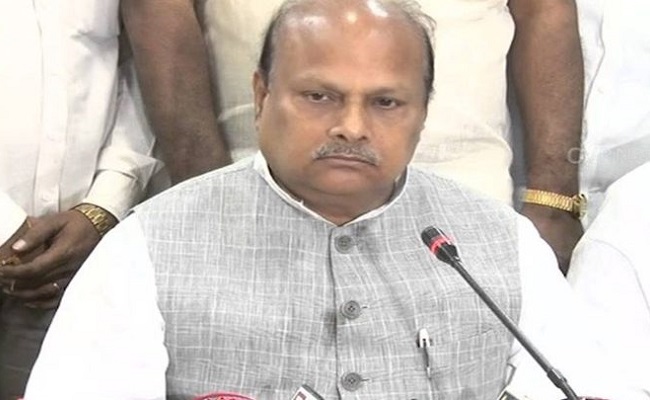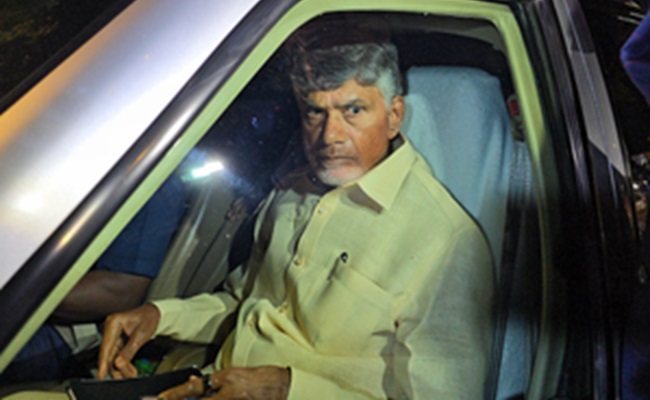
A day after Andhra Pradesh assembly speaker Tammineni Sitaram said the courts cannot meddle with the decisions taken by the state legislatures, former speaker and senior TDP leader Yanamala Ramakrishnudu dismissed Sitaram’s argument.
On Friday, Sitaram reminded that Yanamala himself had given a ruling during his tenure as the Speaker in the combined Andhra Pradesh in 1997 that the courts cannot trespass into the decisions of the state legislature.
He wondered how the TDP leaders can move the court questioning the passage of three capital bills in the state legislature on the ground that they had been referred to the non-existent select committee. The courts cannot admit such petitions, he said.
However, giving a counter to Sitaram’s argument, Yanamala issued a statement on Saturday that the courts can meddle with the decisions of the legislature but only when those decisions are in violation of the Constitution and the laws of the land.
“At the same time, it is a fact that the judiciary cannot question any irregularities that may be taking place in the House proceedings,” he said.
Yanamala clarified hat his ruling given in the capacity as Speaker in 1997 was valid and that the 'courts shall not interfere with the functioning or debates or rulings of the House.'
Illegalities involved in the decisions of the House can be questioned. But irregularity is different from illegality. If there are irregularities in conducting debates in the House, it cannot be questioned in the courts. If the House makes any legislation violating the Constitution or law, it can be questioned in the court of law and case law is also there, Yanamala argued.
Similarly, he explained that the proceedings that take place in the Speaker's chamber would not be part of the House. It would be applicable to the 10th Schedule proceedings as well. The decisions of the assembly or that of the Speaker taken inside the House were different from the decisions taken outside the House.
“Statements with mala fide intention against the assembly or members made outside the House would amount to breach of privilege and contempt of the House. Any utterances by the Presiding Officer or members outside will not be part of the house proceedings,” he said.













